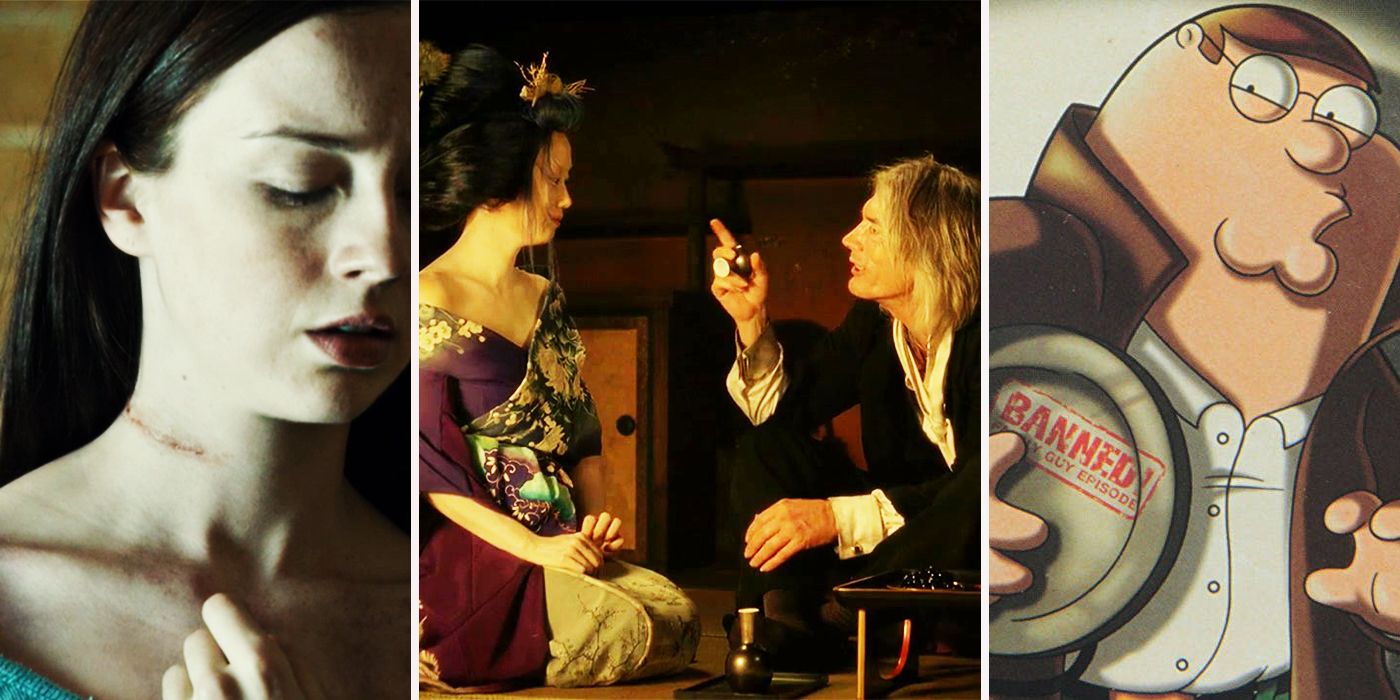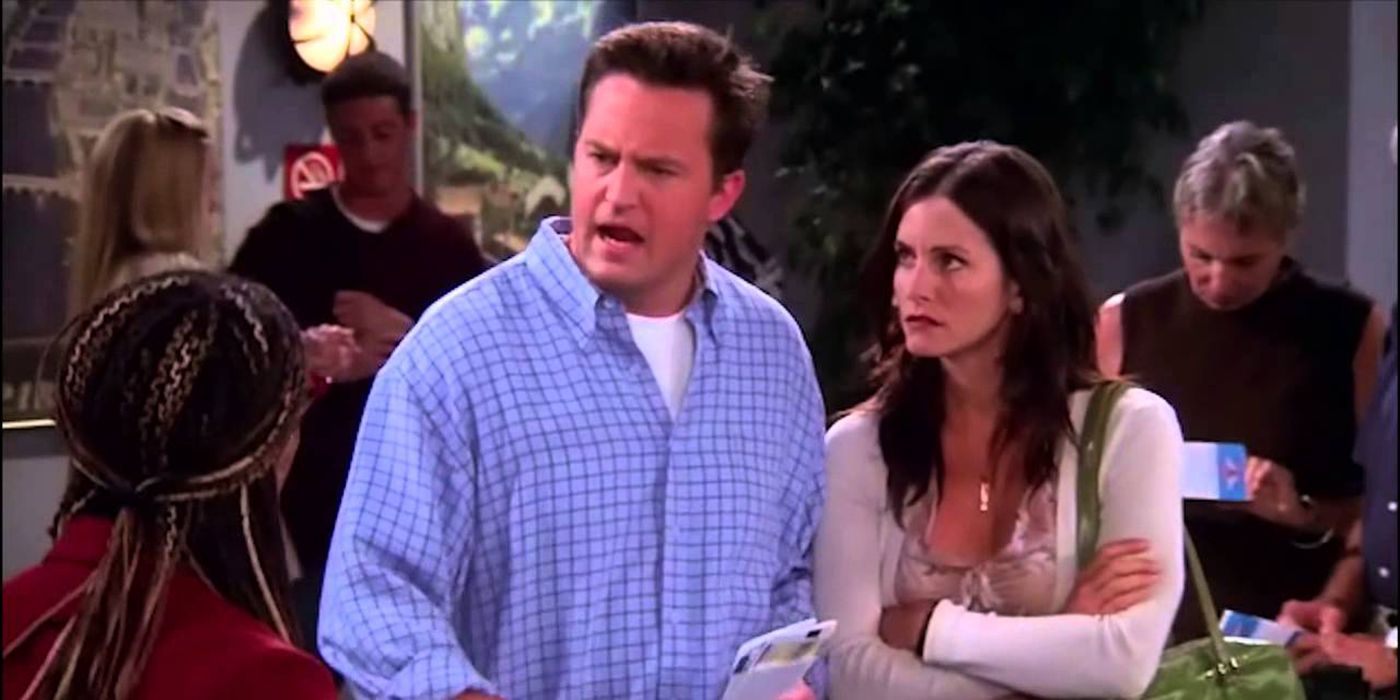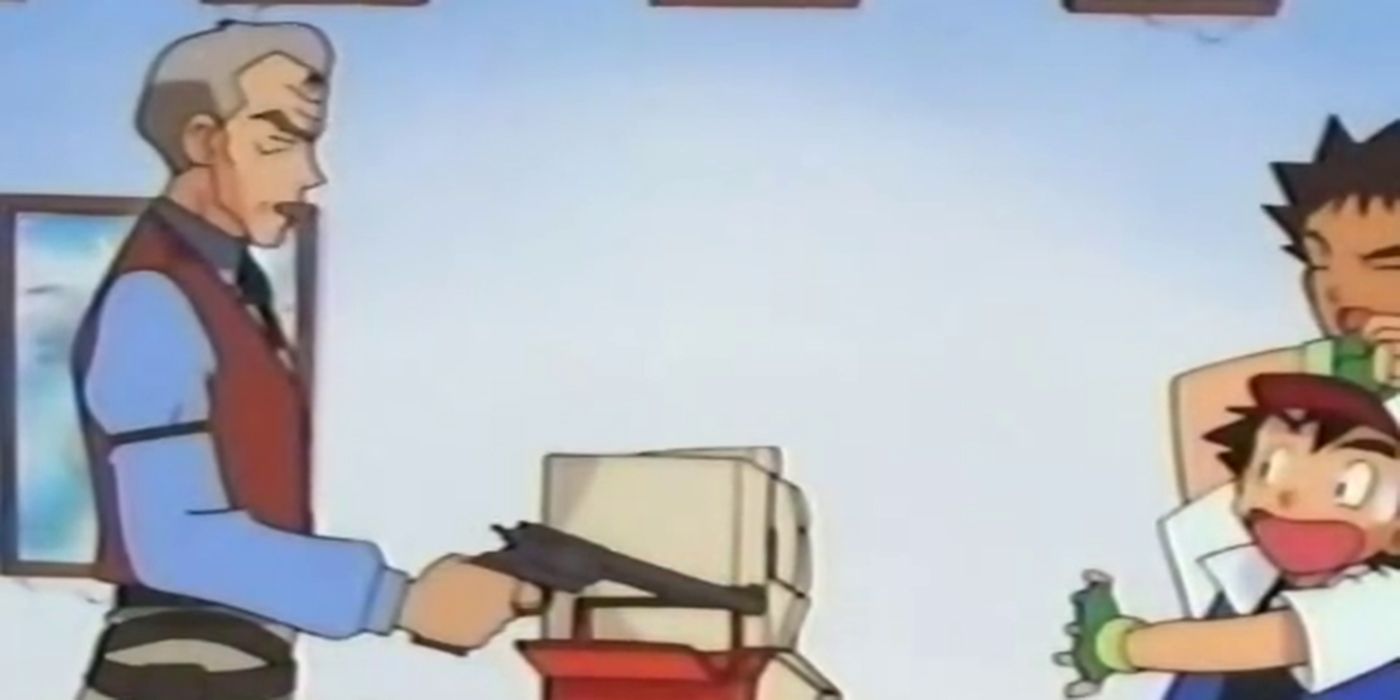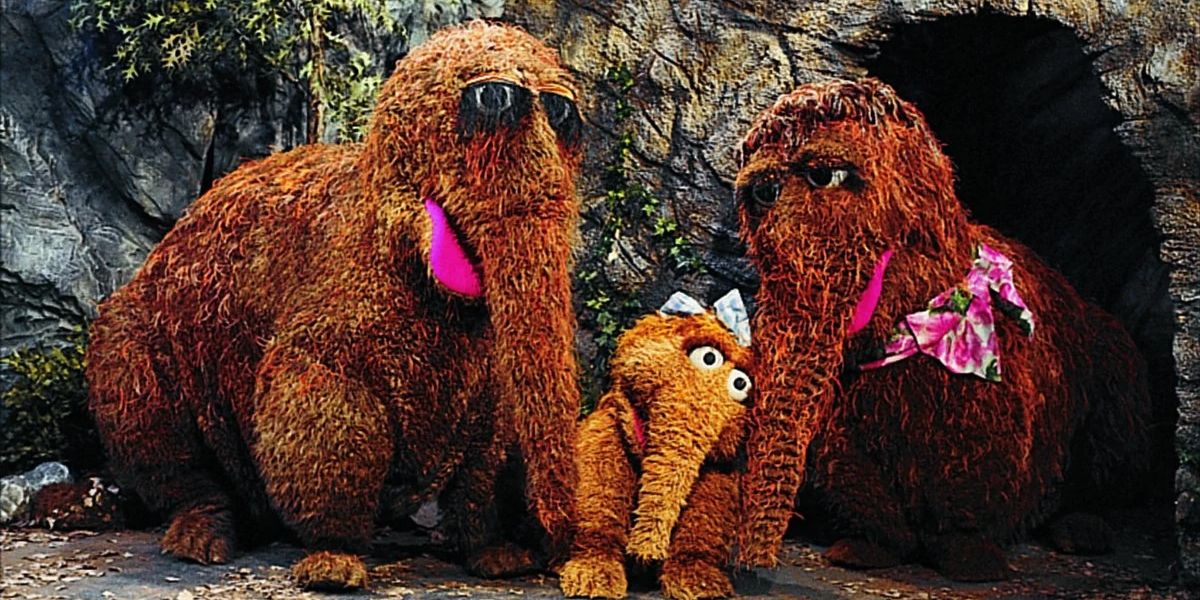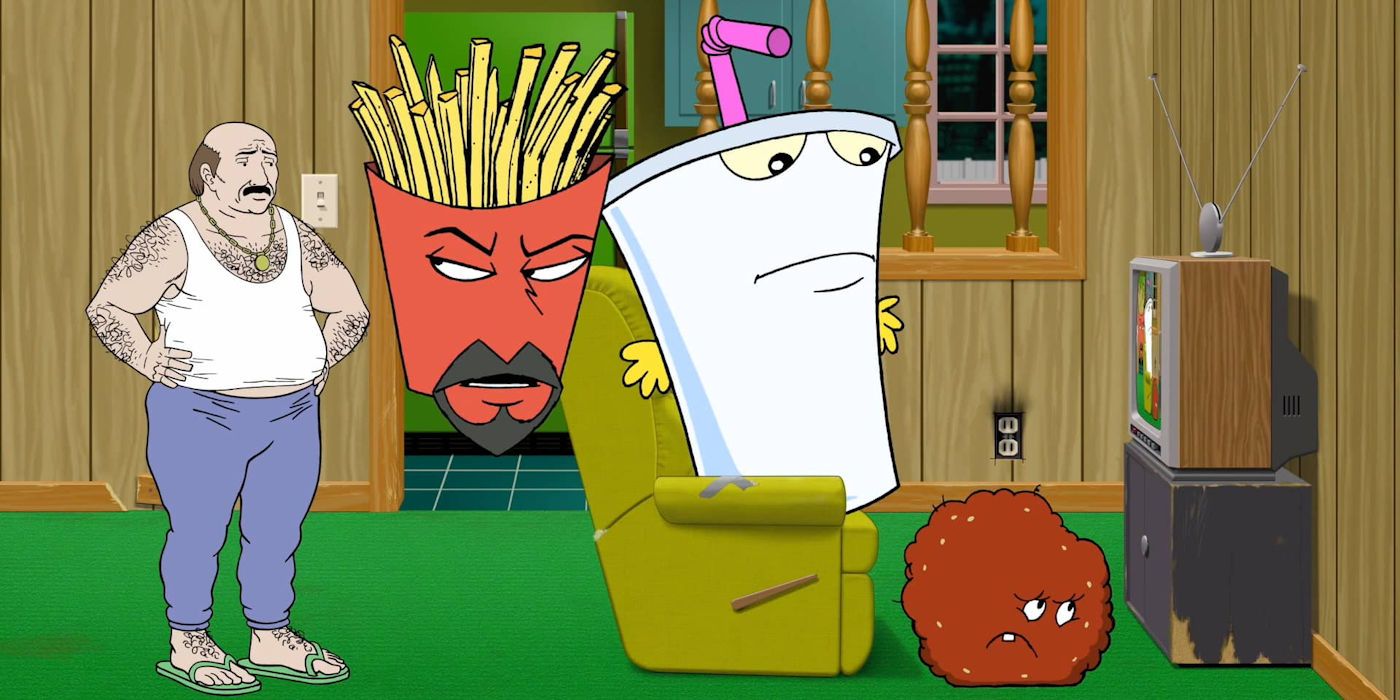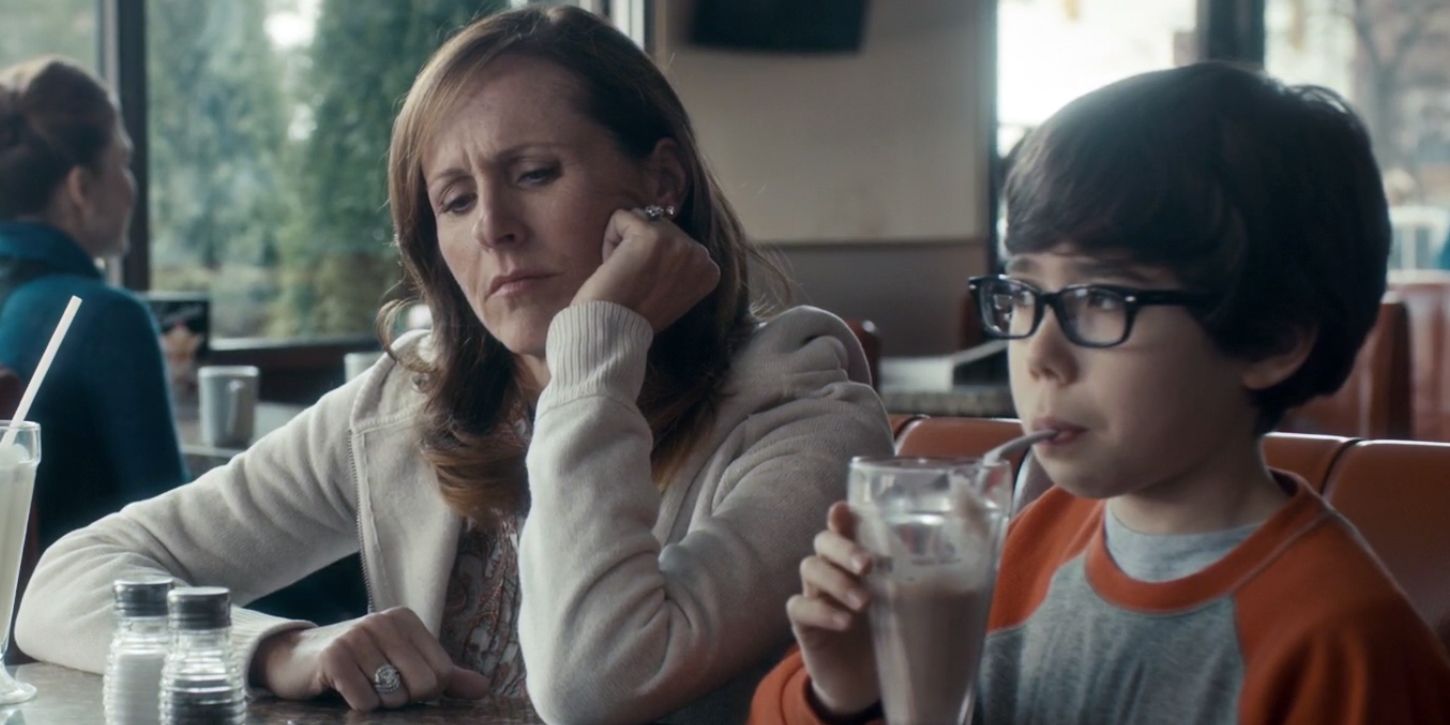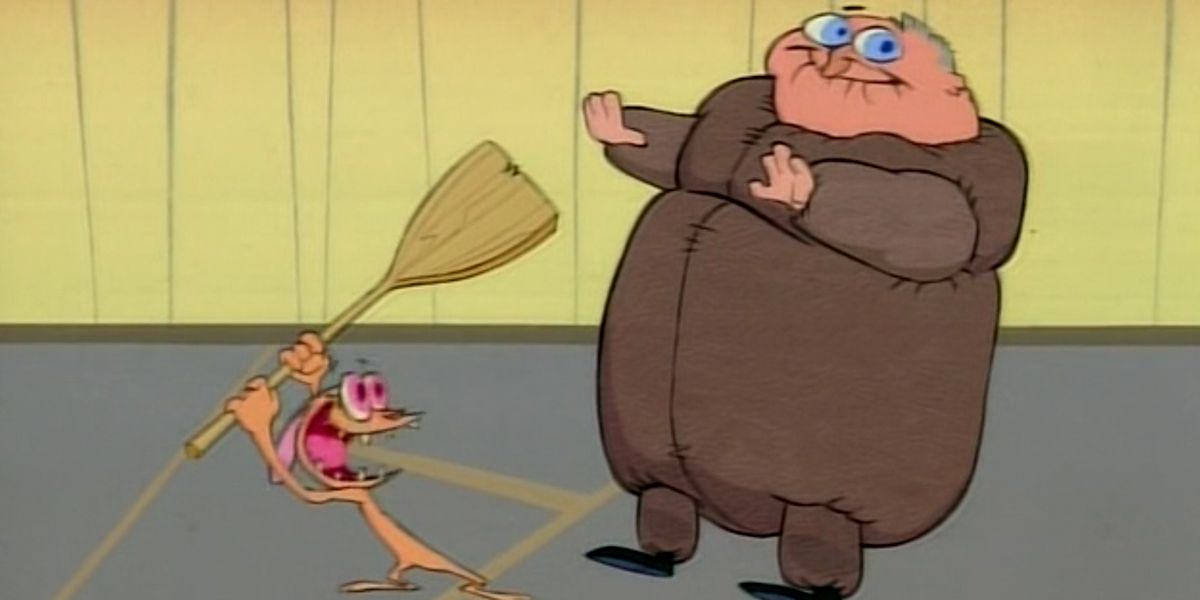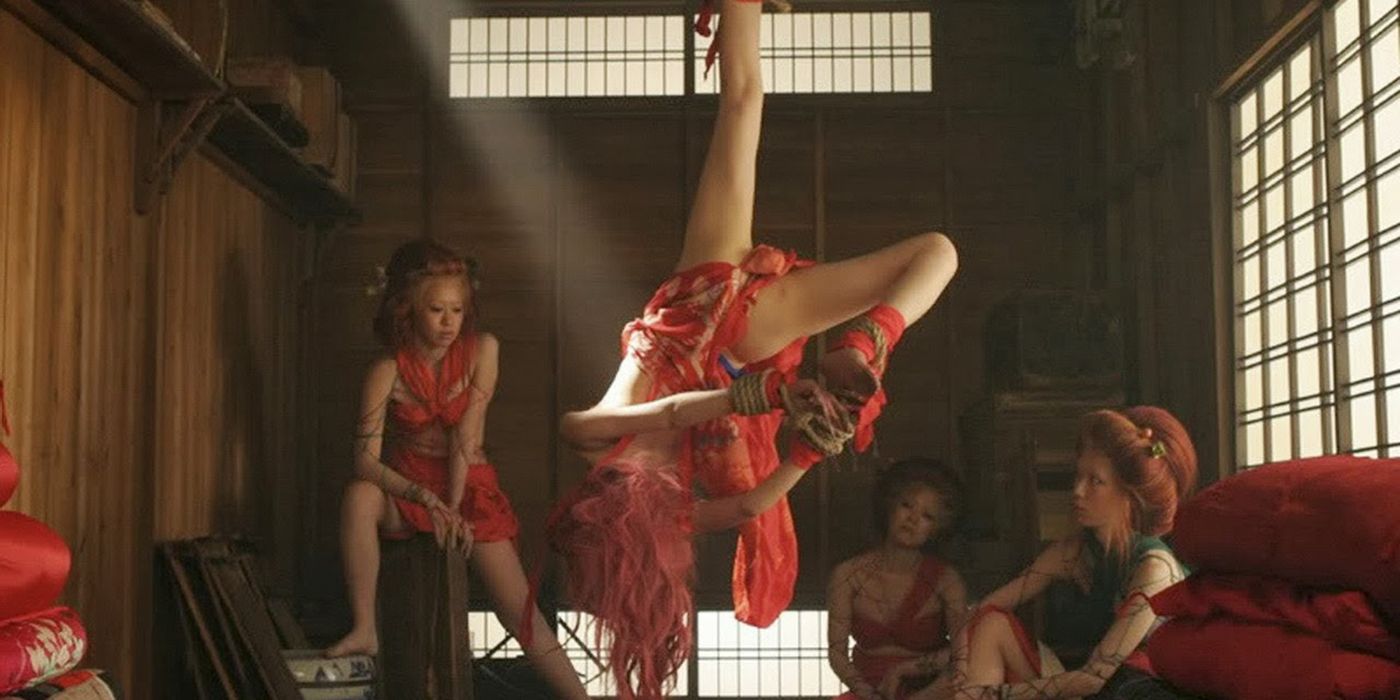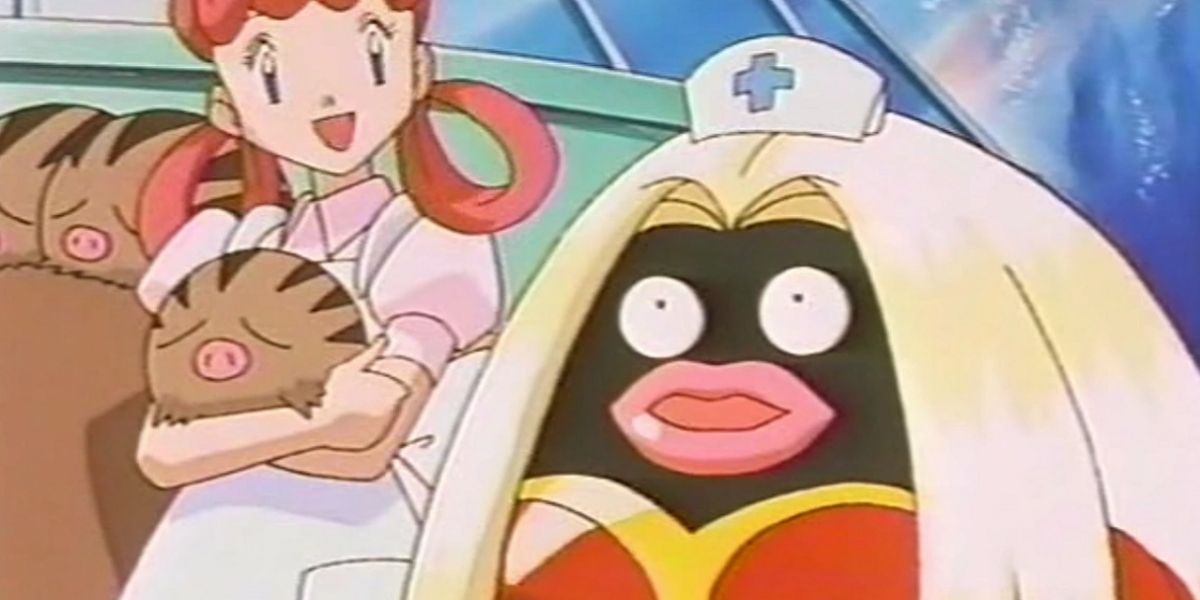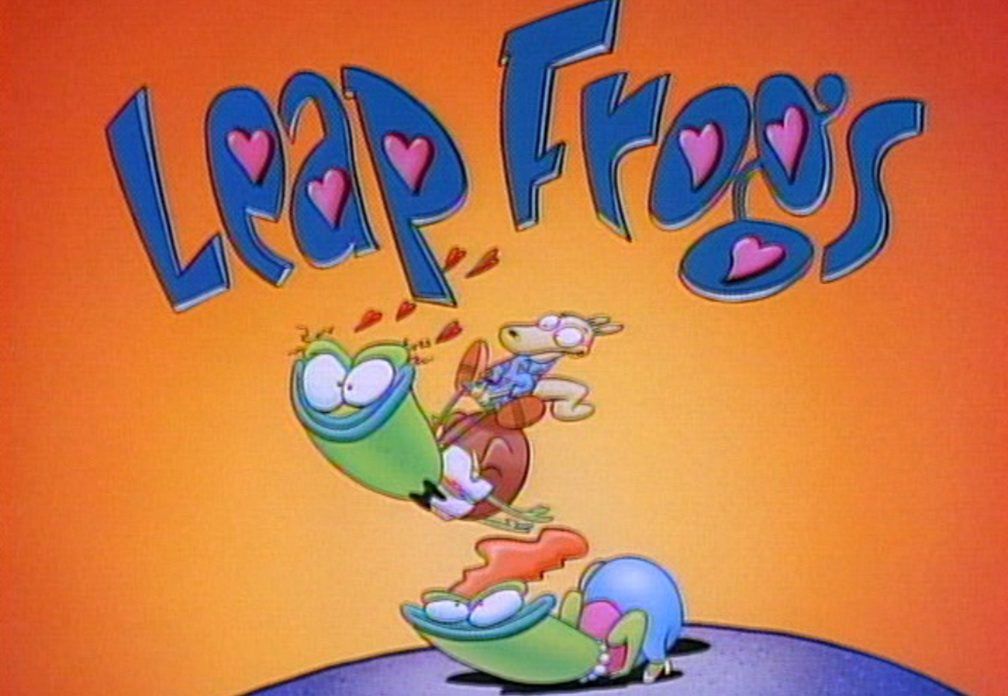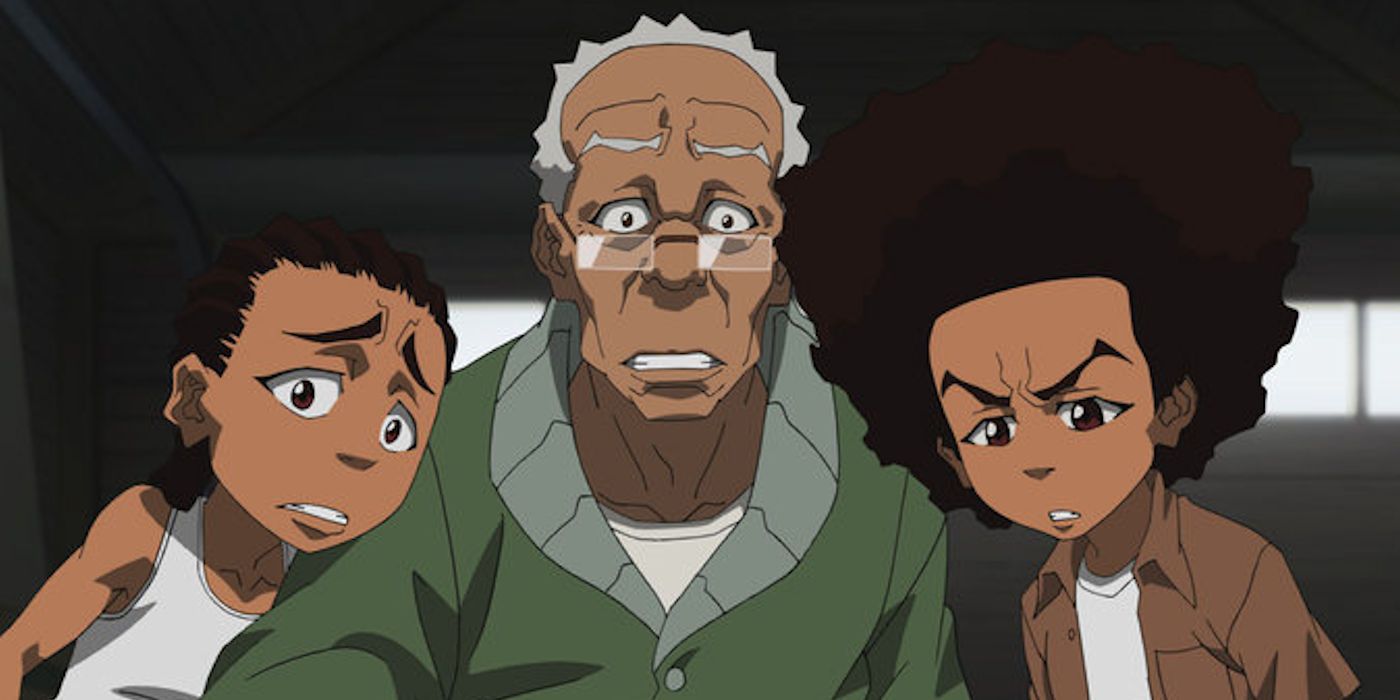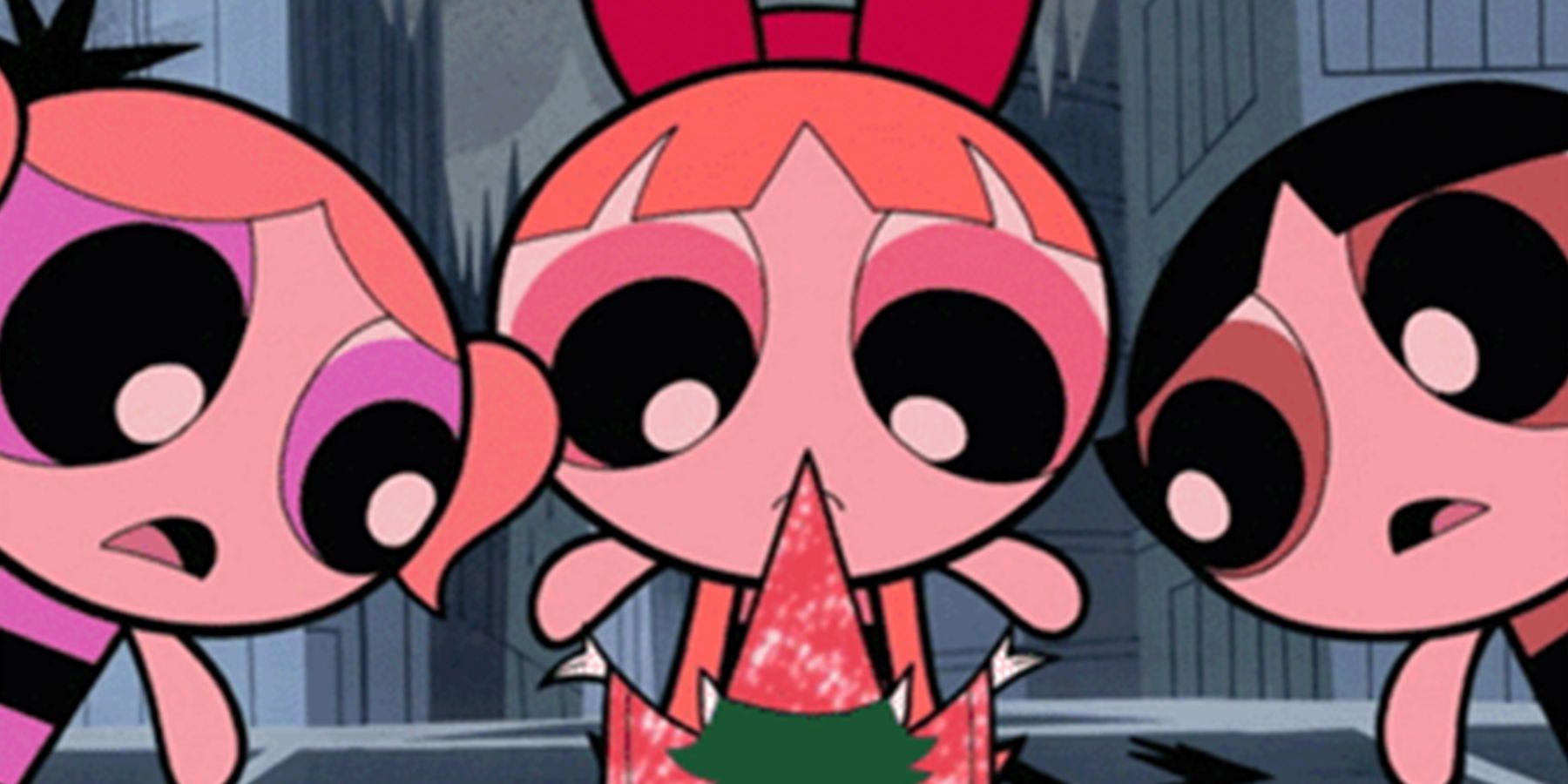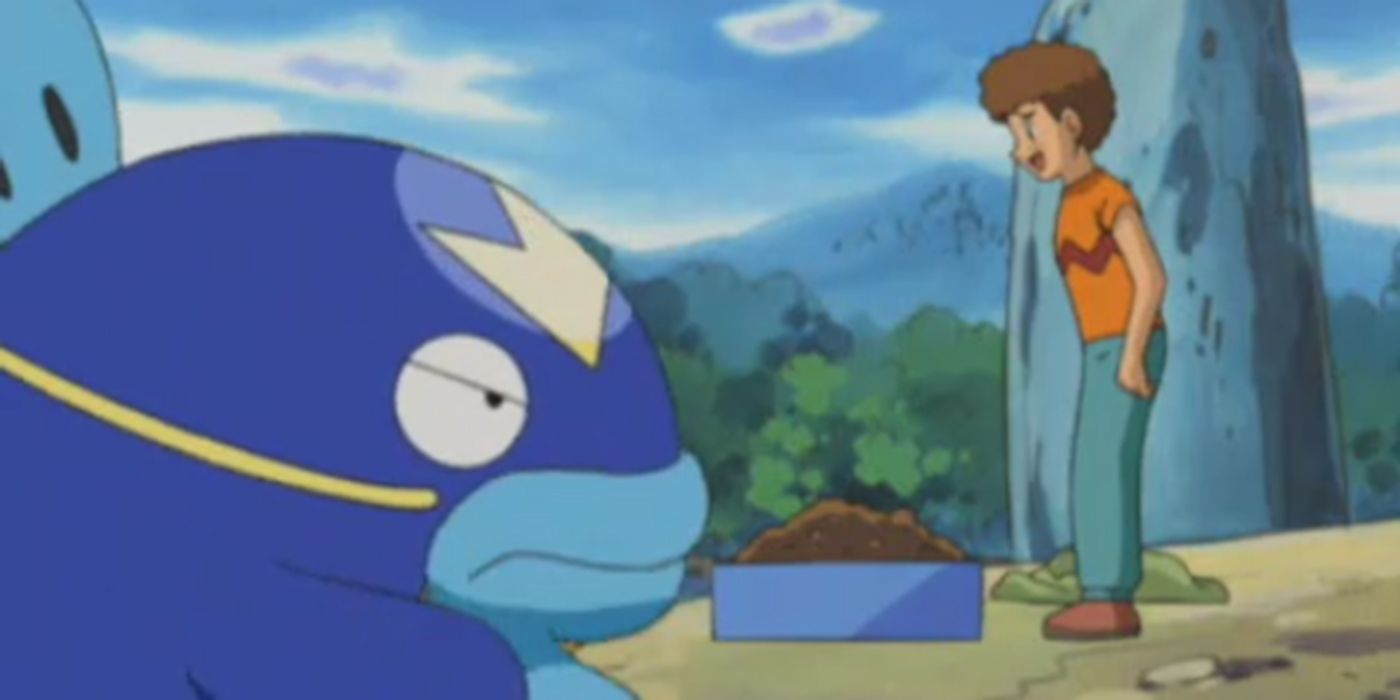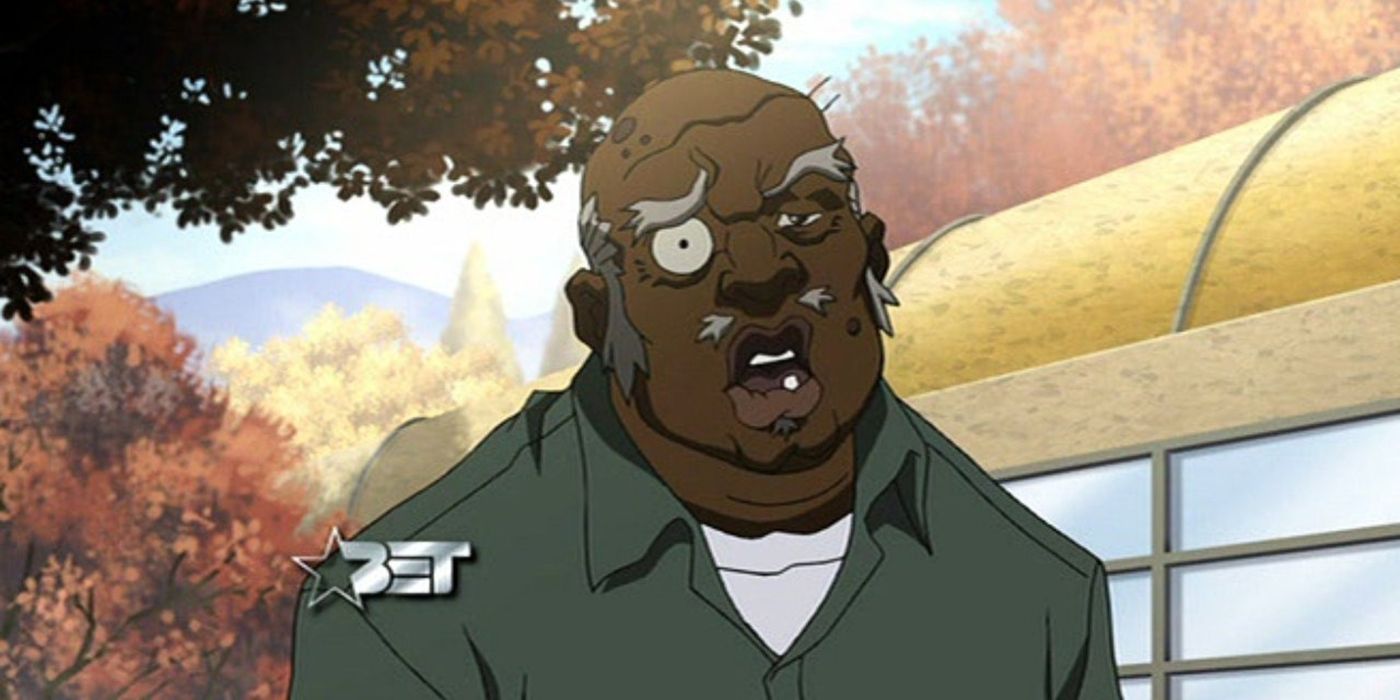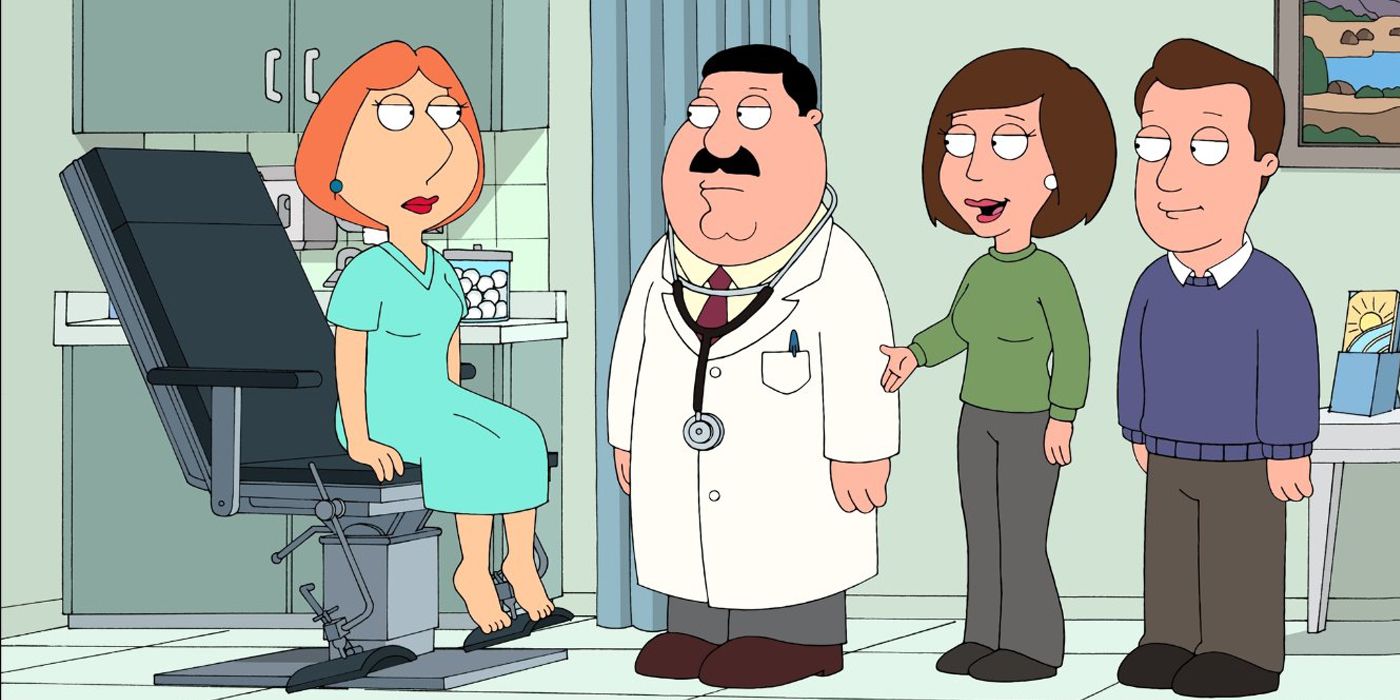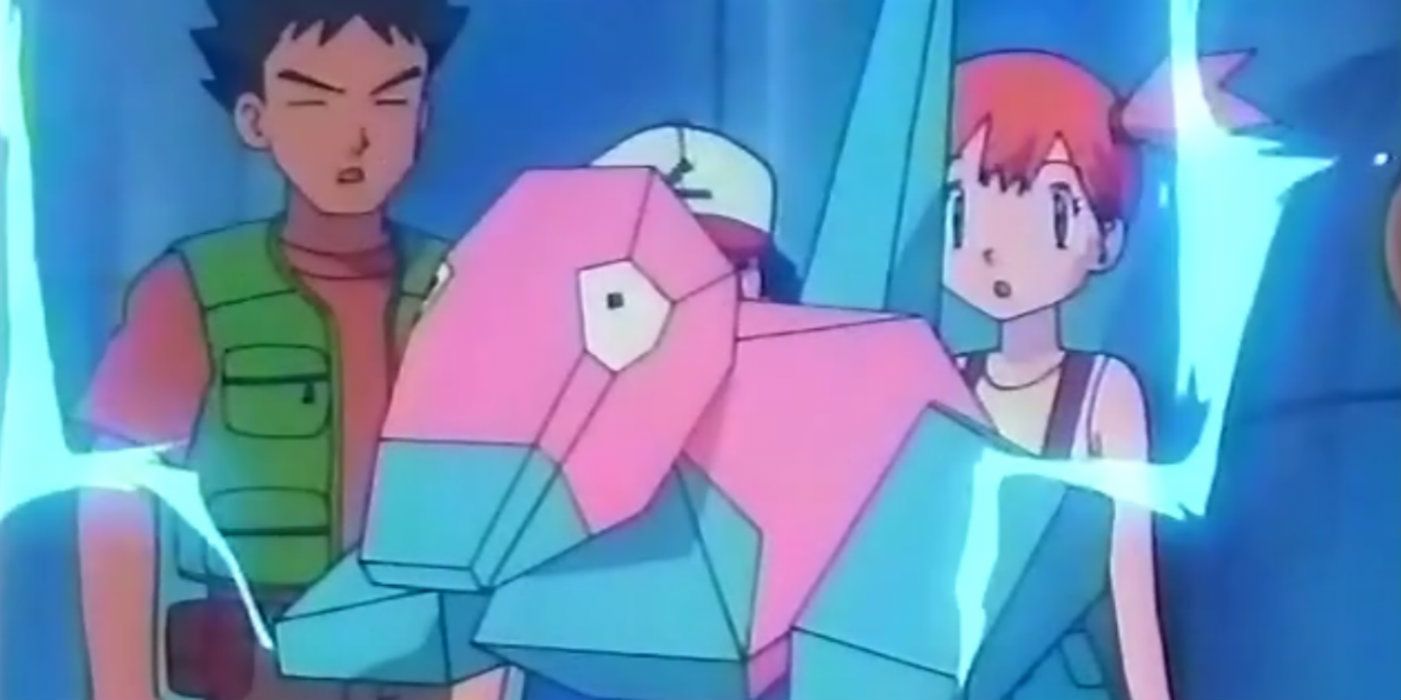The censorship of TV shows has definitely made significant progress over the years. We have come a long way since the earlier days of television where it was prohibited to show a toilet or show a couple sleeping int the same bed. Considering we have moved on since then to see love scenes and zombie-killing onscreen, you would think mostly anything can make it on-air.
However, there are still some topics that are still too controversial for the viewing public. Although editing may help to resolve a few issues, some tv programs have met the worst fate possible: being banned from airing at all.
Previously, we have explored tv shows that had only aired once in the United States. Based on their content, these shows were subsequently pulled from syndication permanently. However, in this article, we will explore the TV episodes that never even saw the light of day. These episodes are the ones you read about in the news that were “too controversial for TV”. A
lthough many of these shows are available on streaming channels, DVD collections, and international channels, they have never been broadcast on American TV.
Here are the 15 TV Episodes That Can Never Been Shown in America.
Friends - "The One Where Rachel Tells..."
Known for humorous depictions of 20-30something life and relationships, Friends has become one of the most popular sitcoms in American television. Its popularity has spread worldwide with the series still being aired in syndication around the world.
Although the show remained relatively controversy-free, there was one episode that was never aired due to its content. The episode "The One Where Rachel Tells..." actually had two versions: one that was edited for the U.S. and one that remained intact for audiences outside of the United States. The difference? The non-American version contained a subplot where Chandler makes references to bombs while in an airport.
Given the events of September 11 and the subsequent airport security measures put in place, NBC did not find the humor appropriate for its audience. The scenes were removed from the series and a new version was broadcast. American audiences were never shown the original version of this episode. The original scenes were, however, included in the 2004 UK edition of the season 8 DVD set.
Pokémon, "The Legend Of Dratini"
Many non-anime fans believe that the content of anime is only aimed at children. Although there are some series with a direct focus on children’s programming, viewers are usually surprised to find the content contains more adult themes than typical Western children’s cartoon. Since our audiences are used to these types of situations being included in our programming, it can come as a shock for the American viewers.
Such was the case with the episode “The Legend of Dratini” in the series Pokémon. This particular episode included images of characters holding guns and aiming them at one another. Along with this imagery, viewers were also subjected to a character dressed as Adolf Hitler. As it was impossible to censor enough of this episode to make it acceptable, it was instead banned from being viewed on American TV.
Sesame Street -"Snuffy's Parents Get a Divorce"
The long-running children’s television series Sesame Street has been a fixture in American homes for decades. Parents and educators have always found the programming to be positive and educational while children fell in love with the varied cast of characters. Sesame Street not only teaches children about fundamental skills and subjects - it also provides guidance on real-life situations.
In 1992, an episode called “Snuffy’s Parents Get a Divorce” attempted to shine a light on how to deal with divorce as a child. However, the episode did not come across as planned. After an initial test screening, children simply did not understand what the purpose was behind the episode and felt very confused.
Though not controversial at the time, the concept of divorce was just too complicated of an issue to address in children’s programming. As a result, the episode never aired.
Aqua Teen Hunger Force - “Boston”
Networks and movie studios will often use unusual tactics to create excitement for a new series, new franchise or a returning show. The use of viral websites and social media campaigns have been known to be effective in getting viewers interested in their projects. However, Cartoon Network failed to create such excitement and, instead, incited a real-life bomb scare.
In 2007, the network’s guerrilla marketing plan backfired when its LED lights placed throughout Boston, Massachusetts were mistaken for bombs. The city was shut down as a precaution and Turner Media was later fined two million dollars for the mistake.
The season 5 premiere episode for the series Aqua Teen Hunger Force, called “Boston,” was subsequently under fire due to its possible association with the incident. Though the series creators edited the episode three times to try to satisfy the executives, it was banned from airing. In fact, executives threatened to fire the Aqua Team Hunger Force staff if the episode was broadcast. “Boston” was pulled, never to be seen by ATHF fans.
Hannibal - “Oeuf"
When you hear the name Dr. Hannibal Lecter, thoughts of the thriller The Silence of the Lambs immediately come to mind. Though this was the most memorable introduction of the character for many movie fans (Manhunter was released earlier), Dr. Lector’s complicated, cannibalistic past has been further explored onscreen in Hannibal, Red Dragon, and Hannibal Rising.
Many fans were surprised that the Thomas Harris novels found new life on the television series Hannibal, considering its shocking subject matter. The series did run into issues with airing the episode “Oeuf” but, surprisingly, it had nothing to do with Dr. Lecter or cannibalism. The plotline focused on a group of children that had been brainwashed and were taught to kill their families.
Due to the Sandy Hook Elementary School shooting, though, series creator Bryan Fuller thought it best to stop the episode from being broadcast. Though never aired, the episode has been released on streaming services and the season 1 Blu-ray.
The Ren & Stimpy Show - "Man’s Best Friend"
The 1990s Nickelodeon series Ren & Stimpy was known for its crass humor and cartoon violence. Reminiscent of the Looney Tunes cartoons from years ago, the series used crude jokes and over-the-top characters to become one of the most popular shows on the network. Though the series was always expected to take situations to the extreme, the events of the episode “Man’s Best Friend” were found to be too much for its audience.
In this episode, the main characters are taken and abused to try to get them into champion show pet form. However, Ren eventually lost his temper and beat their owner with an oar in retaliation. Nickelodeon was not comfortable airing this level of violence on its network and pulled the plug on the episode.
Masters of Horror - "Imprint"
The Showtime series Masters of Horror brought together some of the legends of the horror industry to direct their own episodes. The anthology series, which ran from 2005-2007, provided some of the most chilling and terrifying stories around. Although the cable series allowed for more gruesome tales than broadcast TV normally would, one episode was deemed too extreme for the series.
In the episode “Imprint”, disconcerting images of gratuitous violence were included throughout the tale of a 19th-century American tourist searching for the Japanese prostitute he once loved. What actually pushed the episode to an unbearable level was the horrific images of aborted fetuses.
The episode went through thorough editing to remove some of the more graphic images but was still difficult to watch. Showtime deemed the episode too much for American audiences to handle and shelved the episode from broadcast. The episode was included in the DVD and later screened at the Yubari International Fantastic Film Festival in Japan in 2006.
Pokémon – "Ice Cave" SR
One of the more significant issues of bringing anime to the Western world revolves around the clashing of cultures. Images that may have been deemed suitable for audiences in Japan and other Asian countries may not translate well to American viewers. This may include references, jokes, and humor based on specific Japanese lifestyles. In some rare cases, the depicted imagery included in anime can also conflict with American ideals of discrimination, racism, and exploitations.
In the episode “The Ice Cave” of Pokémon, audiences are introduced to the character of Jynx. This particular Pokémon was deemed inappropriate for America audiences based on its appearance. The creature had black skin and huge pink lips, two distinct features that could be tied to antiquated depictions of blackface from American history. Though the episode aired in Japan, it was not approved for American broadcasting and was never shown in the United States. Since then, the character had gone through several redesigns, and its black skin has been changed to purple to make it more widely accepted for viewers worldwide.
Rocko’s Modern Life, "Leap Frogs"
Another 90s Nickelodeon favorite cartoon was Rocko’s Modern Life. Though aimed at a younger audience, the series was overflowing with subtle sexual innuendos and jokes aimed at its older viewers. Surprisingly, the series was never called out for these smaller jokes, but it did manage to cross the line in “Leap Frogs”.
This episode included certain nuances and scenes reminiscent to the classic 1967 drama The Graduate. The titular character was being pursued by married toad Bev Bighead, who was unhappy in her marriage. The two ended up watching a video at Bev’s house that was center around the mating of cane toads (so, essentially, they are watching toad erotica). Nickelodeon was not comfortable with that level of “adult jokes” and quickly pulled the episode from the lineup.
The Boondocks - "The Hunger Strike"
American cartoonist Aaron McGruder’s popular comic strip The Boondocks used satirical humor and wit to shine a light on the various issues within the Black community and America as a whole. Since its debut in 1999, the comic strip, though quite popular, often met with controversy over its subject matter and was frequently pulled from being published in newspapers across the country. So when the strip made its debut as an animated series on Cartoon Network, viewers were expecting that same level of controversy and satirical commentary.
The series was met with criticism for one particular episode that poked fun at the television network BET. The episode “The Hunger Strike” (originally planned to be titled“BET Sucks”) was at the center of the disagreement with Viacom (BET’s parent company) with Cartoon Network being sued over its content.
Due to the impending lawsuit, the episode was never aired and wasn’t even included on Netflix in syndication. The episode can only be seen on the DVD set.
The Powerpuff Girls - "See Me, Feel Me, Gnomey"
Makes its official debut in 1998, the Cartoon Network series The Powerpuff Girls brought the superhero tales of Blossom, Bubbles, and Buttercup to homes nationwide. With smart dialogue and unforgettable characters, the series became a favorite on the network and has even spawned a reboot of the series and a new Powerpuff Girl character. However, in its original run, The Powerpuff Girls sparked controversy with its series finale episode.
Titled “See Me, Feel Me, Gnomey”, the musical themed episodes contained images that the network found too religious. Symbols included in the episode included metal beams that formed a cross and a hippie that resembled Jesus. Though originally planned to bear some resemblance to the Broadway musical Jesus Christ Superstar, the network deemed the images were inappropriate for a non-religious show and banned the episode. However, viewers can find it available for digital downloads and the series DVD set.
Pokémon - "Battle of the Quaking Island! Barboach vs. Whiscash"
In a case of fiction being too similar to real-life tragedies, the series Pokémon was the subject of such censorship in the early 2000s. However, the problem did not stem from American censorship but a decision made by Japanese broadcasters.
In the episode “Battle of the Quaking Island! Barboach vs. Whiscash”, Ash and his friends are traveling to Jojo Island when they are caught in an earthquake. The Pokémon character Whiscash caused this natural disaster.
Though this may not seem too problematic on its own, its planned airing came too close to a real natural disaster. Less than two weeks before its scheduled airing, the Chuetsu earthquakes occurred on October 23, 2004. It was the deadliest earthquake to hit Japan since 1995.
In light of this national tragedy, the broadcaster rightfully pulled the Pokémon episode and, for future airing, removed all Pokémon techniques with earthquake-related titles (i.e. Earthquake, Fissure, Magnitude).
The Boondocks - "The Uncle Ruckus Reality Show"
The series The Boondocks has its second entry on this list with the episode “The Uncle Ruckus Reality Show”. Set as another jab toward the BET Network, the episode included some harsh depictions of the network’s executives, including Debra L. Lee, President and Chief Executive Officer of BET Holdings. Lee was portrayed as the character Deborah Leevil, a ply on the famous Dr. Evil character from the Austin Powers franchise.
After this episode was also pulled due to the dispute, McGruder added some particular commentary on the DVD addressing their exclusion. According to the Los Angeles Times, “In the introduction, McGruder said he went after BET because network executives, in his view, failed to elevate the network's standards.”
Though Cartoon Network executives have denied being pressured to remove the episodes from airing, these episodes still stand as the only two unaired on American television.
Family Guy, "Partial Terms of Endearment"
The animated comedy Family Guy has had its share of controversies over the years. Not only has the series eerily predicted some future events, but its writers hardly ever pull their punches regarding its biting content.
There have been some episodes of Family Guy that have been pulled from airing due to national tragedies, however, they have made their way back into syndication eventually. When it came to the airing of the season 8 episode “Partial Terms of Endearment” though, Fox was not able to justify its controversial content.
In this episode, Lois agreed to carry a baby for a couple but they subsequently died in a car crash. She and Peter then have to decide whether an abortion is an option or not. With so much controversy surrounding the topic of abortion, Fox felt it best not to add fuel to this ongoing debate and decided against airing the episode at all. However, Family Guy fans can find the episode included on the season 8 DVD set.
Pokémon - “Electric Soldier Porygon”
Standing as one of the infamously known episodes in the anime community, “Electric Soldier Porygon” brought to light very serious concerns for children’s programming. Although the series Pokémon has had its share of banned episodes based on content, this particular instance had nothing to do with its plotline. Instead, the issues stemmed with its special effects depicted during its airing in Japan on December 16, 1997.
During a fight in the episode, several red and blue lights were rapidly blinking and, inevitably, caused dizziness, headaches and even seizures in several viewers. Nearly 700 people were hospitalized due to the incident, and the series was placed on a four-month hiatus. Since then, the episode has never aired again in Japan or anywhere else in the world. The seizure-causing light sequence has now been dubbed “The Pokémon Effect”.
---
Have you seen any of these episodes? Did you think they deserved to be banned? Let us know in the comments!

